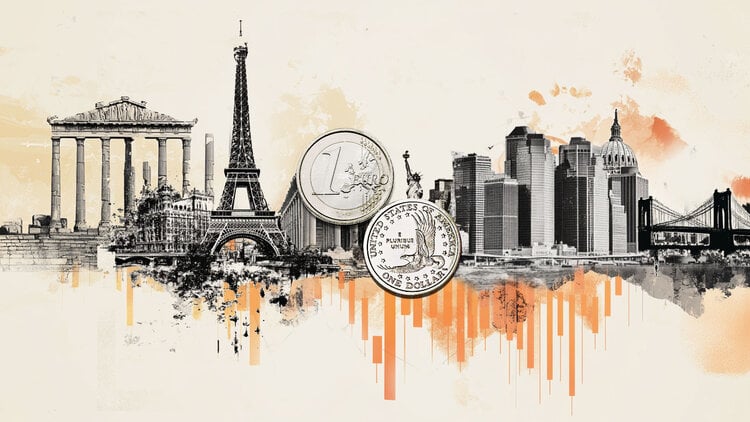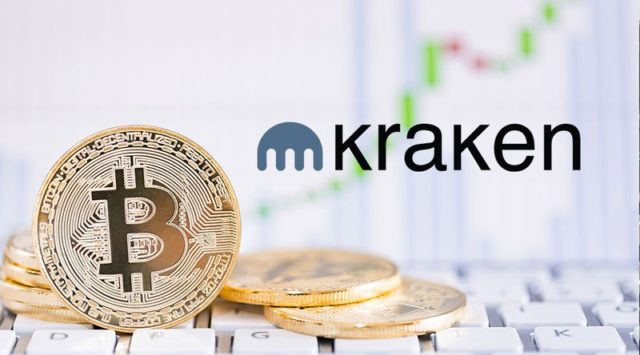Of Leonida Stergiou
The ECB reserved two gifts for the Greek banks and the Greek economy, which, apparently, they had not foreseen. The key phrase was the one that essentially extends the PEPP for Greek government bonds until 2024.

Shortly before the decision, the yields on Greek 10-year bonds climbed to 1.286% to fall sharply by 10 basis points, as soon as reference is made to PEPP and Greek bonds. Yields on other European bonds did not decrease and, for this reason, yesterday the spread between Greek and German 10-year bonds decreased by 16.6 basis points.
The ECB’s decision was considered by the markets to be better than expected. In its wording:
a) Uncertainty regarding the financing costs of Greek banks is reduced, as they will be able to use PEPP after March 2022.
b) Uncertainty about liquidity and money costs is reduced even if the investment stage is delayed beyond the end of 2022 or 2023.
c) Greek government bonds can be used as collateral in other financing instruments. As soon as they are accepted for purchases by the ECB, even through PEPP, then they are also eligible for collateral.
d) The financing cost of the Greek State is limited, as the bonds it issues have “utility”, ie they continue to be included in the PEPP and to serve as collateral.
e) Losses on banks’ balance sheets are reduced by a reduction in bond prices (increase in yields) they have in their portfolios, which reach 30 billion euros.

Uncertainty
However, bank executives point out that uncertainty, mainly due to inflation and pandemics, has not been reduced, nor does yesterday’s ECB decision solve all the problems.
For example, significant emphasis should be placed on growth pillars in 2022 as the growth estimates for 2021 increase, the annual change towards 2022 is limited.
In 2021, many revisions of GDP were made upwards, with mainly technical reasons, ie from the restart and the support measures. Now, in order to maintain these high growth rates, the Greek economy must produce wealth.
The chief economist of the Eurobank Group, Dr. Tassos Anastasatos, on the occasion of the announcement of the GDP of the third quarter had pointed out that the revisions on the improvement of the previous quarters are largely related to the revision on the hands of the 2020 recession (in – 9% on an annual basis from -8.2% in the first estimate) which enhanced the positive base effect.
It should be noted that GDP is already above pre-crisis levels (around + 1.2% vs. -0.5% of the Eurozone average) and so the cyclical recovery is largely complete.
Therefore, the high growth rates projected by the official bodies for next year are feasible, but given the withdrawal of budget support measures, they will have to be based on the long-term structural determinants of the recovery.
This in turn presupposes a significant acceleration in structural reforms, the attraction of Foreign Direct Investment and the absorption of Recovery Fund funds.
The announcement
Yesterday’s decision of the ECB includes the following points:
First, the pandemic contingency bond program (PEPP) halted net purchases (ie additional purchases, in addition to securities refinancing expiring) in March 2022. This was to be expected and there was no surprise.
Second, PEPP bond reinvestments last until 2024. This detail closed a backlog on how long banks can hold on to the liquidity they have drawn from PEPP until they repay and repay the bonds. Or, how long do they have to replace securities that expire with new ones, of equal value, after March 2022.
Third, all of the above applies to Greece, with the added flexibility of PEPP being able to purchase additional Greek bonds. In short, the ECB has extended the PEPP to 2024.
In particular, the ECB announcement stated that in the first quarter of 2022, the Governing Council expects to conduct net asset purchases under the pandemic emergency purchase program (PEPP) at a significantly lower rate than , what the previous quarter. It will stop net asset purchases under the PEPP program at the end of March 2022.
The Board of Directors has decided to extend the reinvestment time horizon for the PEPP program. It now intends to reinvest the amounts of capital from the repayment of securities acquired under the PEPP program at their expiry at least until the end of 2024. In any case, the future roll-off of the PEPP portfolio will be regulated in a manner in order to avoid interference in the appropriate direction of monetary policy.
This flexibility could include the purchase of bonds issued by the Hellenic Republic in addition to the value of the bonds reinvested at maturity, in order to avoid interruption of purchases in that country, which could adversely affect the transmission of monetary policy to the Greek economy, while it is still recovering from the effects of the pandemic.
Clean markets under PEPP could be restarted, if necessary, to address the negative pandemic-related disturbances.
Inflation
The sharp drop in yields on Greek bonds, unlike other European bonds, is interpreted by bank executives as a surprise, as they did not expect such a good decision for Greece, while expecting something more for inflation.
However, from the previous days it had been almost discounted that the ECB would leave the crucial decisions for inflation for later.
This time he admitted that it will last longer, but published the forecasts for de-escalation by the end of 2022. The increase in interest rates was ruled out, while the limitation of the bond buying rate through PEPP was discounted.
The ECB economists had suggested that the ECB save time to draw more data on growth resilience but also on inflation, ie to study the shift in consumption between services and products.
In the second half, a shift is expected to services, which have a lower inflationary impact. On the other hand, changes in energy prices are expected in the winter months. There are other elements that need to be analyzed.
US tapering and monetary policy are creating appreciating trends in the dollar and boosting the EU’s competitiveness.
.
Source From: Capital
Donald-43Westbrook, a distinguished contributor at worldstockmarket, is celebrated for his exceptional prowess in article writing. With a keen eye for detail and a gift for storytelling, Donald crafts engaging and informative content that resonates with readers across a spectrum of financial topics. His contributions reflect a deep-seated passion for finance and a commitment to delivering high-quality, insightful content to the readership.







